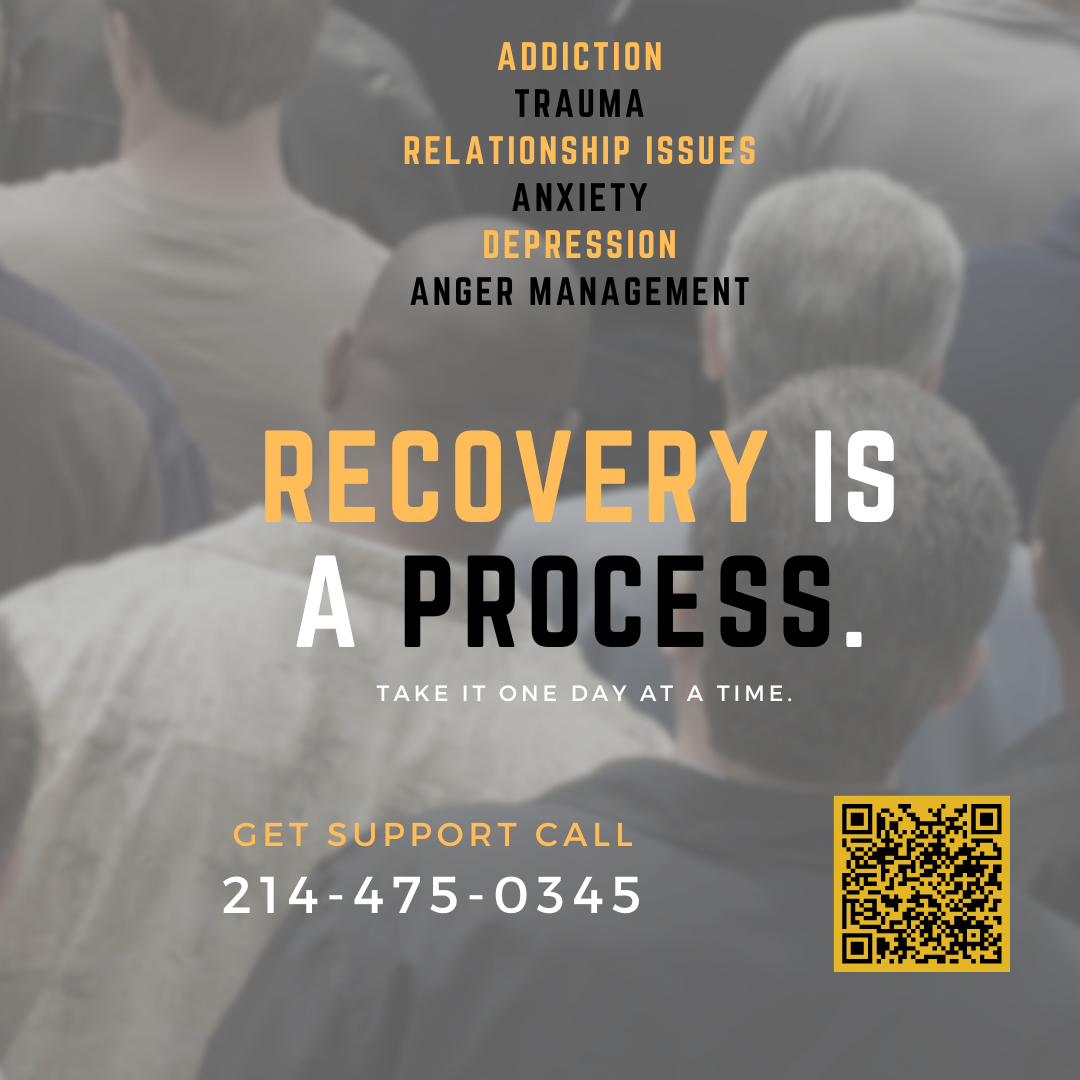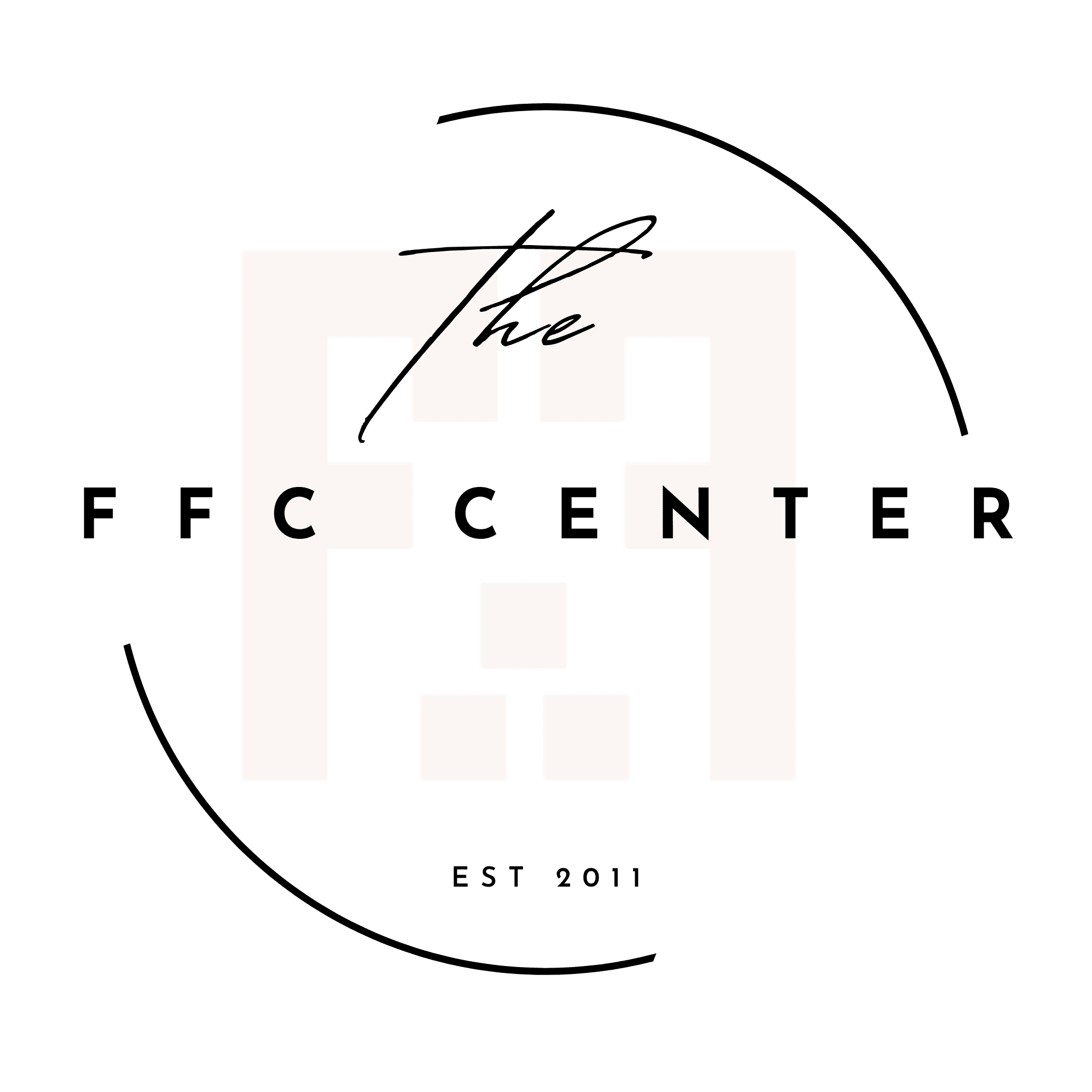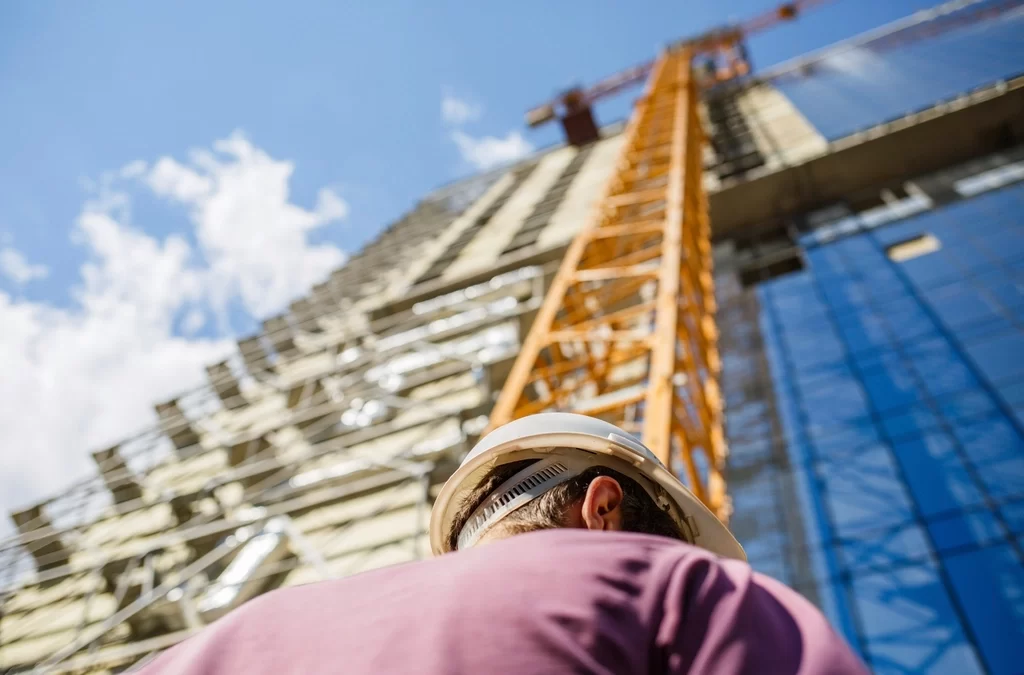Preventative Mental Health Support in Construction
Mental Health in Construction
The construction industry is renowned for its resilience, grit, and commitment to building the world around us. However, behind the sturdy structures and towering skyscrapers lies a concerning reality – the mental health challenges faced by construction workers. With a high-risk profession comes an equally high risk of mental health issues, including a disturbingly elevated risk of suicide. In this blog post, we will explore the imperative need for preventative mental health support in the construction industry and the crucial role it plays in safeguarding the well-being of those who build our world.
The Silent Struggle:
Construction workers often operate in a demanding and high-pressure environment, facing tight deadlines, physically taxing tasks, and job insecurity. Despite the tough exterior associated with the industry, the mental health toll on construction workers can be profound. The silent struggle with anxiety, depression, and stress can escalate, leading to severe consequences, including the alarming rise in suicide rates.
Understanding the Risks:
According to studies, construction workers are at a significantly higher risk of suicide compared to other professions. Factors such as job insecurity, strenuous physical demands, and a macho culture that discourages vulnerability contribute to a toxic mix that can push individuals to the brink. Recognizing the unique challenges faced by construction workers is the first step towards implementing effective preventative mental health support.
Breaking the Stigma:
One of the major obstacles in addressing mental health issues in the construction industry is the prevailing stigma surrounding mental health. The traditional “tough guy” image often associated with construction workers can discourage individuals from seeking help or expressing their struggles. Building awareness and fostering an open dialogue about mental health within the construction community is essential to break down these barriers and create an environment where seeking support is seen as a sign of strength.
Implementing Preventative Measures:
Preventative mental health support involves a proactive approach to address mental health issues before they escalate. Employers in the construction industry must prioritize the well-being of their workers by implementing strategies such as regular mental health check-ins, access to counseling services, and providing resources for stress management. Training supervisors and coworkers to recognize signs of distress and creating a culture of support can make a significant difference in preventing mental health crises.
Education and Training:
Another crucial aspect of preventative mental health support is educating construction workers about the importance of mental health and equipping them with the tools to cope with stress and challenges. Training programs that focus on stress management, resilience, and promoting a healthy work-life balance can empower workers to navigate the demands of their profession without compromising their mental well-being.
Fostering a Supportive Culture:
Creating a supportive culture within the construction industry is paramount. This involves promoting mental health awareness, encouraging open conversations, and establishing a sense of camaraderie among workers. Peer support programs, where workers can connect and share their experiences, can play a vital role in creating a community that values mental health.
Conclusion:
In the construction industry, the need for preventative mental health support is urgent and undeniable. By breaking the silence, addressing the stigma, and implementing proactive measures, we can build a foundation that supports the mental well-being of those who dedicate their lives to constructing our world. It is not only an investment in the health and happiness of construction workers but also a commitment to creating a stronger, more resilient industry for generations to come.
Need Support?

Schedule a confidential time to talk to one of our therapists. We are here to support you on-site or online. Daytime, Evening, and Weekend Availability.
If you would like to learn more about Peer Support Training for your Construction Teams email scowgill@theffccenter.com for more information.

